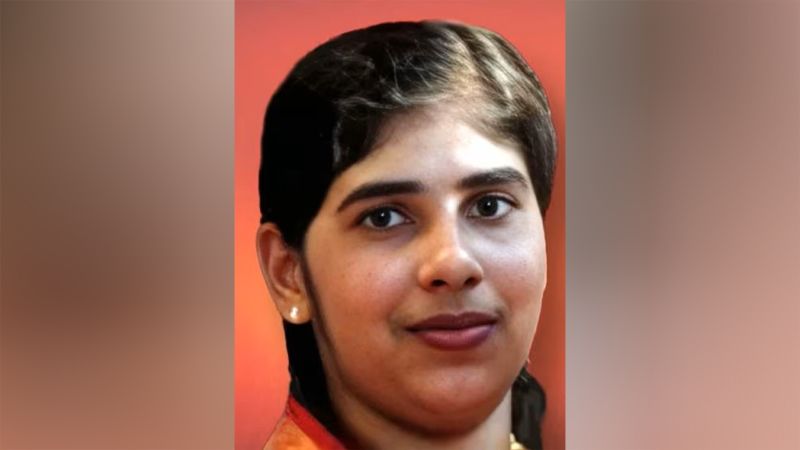Relatives of Indian nurse Nimisha Priya are urgently working to prevent her execution in war-torn Yemen, scheduled for Wednesday. Priya, sentenced to death in 2020 for the murder of her former business partner, a Yemeni national, has become the focus of intense media coverage in India. The victim’s body was discovered in a water tank in 2017, leading to a trial that has raised serious concerns regarding due process.
The family has struggled to secure her release, facing significant challenges due to the lack of formal diplomatic relations between New Delhi and the Houthis, who have governed the capital, Sanaa, since the civil war erupted in 2014. Human rights organizations, including Amnesty International, have publicly urged the Houthis to halt the execution and establish a moratorium on capital punishment. The organization described the death penalty as an “ultimate cruel, inhuman and degrading punishment.”
According to Samuel Joseph, a social worker assisting Priya’s family, there remains a possibility for clemency under Yemen’s Islamic law. If the victim’s family pardons Priya and accepts a financial compensation known as “diyah,” her sentence could be commuted. “I am optimistic,” Joseph stated. “We are receiving support from various people, and the government of India is directly involved.”
The circumstances surrounding Priya’s case are contentious. While authorities claim she administered a fatal overdose of sedatives to her business partner, her family insists she acted in self-defense against an abusive partner who had seized her passport during the turmoil of the civil war. Joseph indicated that Priya did not receive adequate legal representation during her trial, which was conducted in Arabic without a translator.
Activism and Appeals for Intervention
In response to her plight, a group of activists and lawyers formed the Save Nimisha Priya Action Council in 2020. Their goal is to raise funds for her legal battle and facilitate negotiations with the victim’s family. Rafeek Ravuthar, an activist associated with the council, noted the challenges presented by the absence of an Indian embassy in Yemen, stating, “The reality is that there is no Indian embassy, there is no mission in this country.” To date, the council has raised approximately 5 million rupees (nearly $58,000) for her defense.
Political leaders from Priya’s home state of Kerala have also urged intervention from the Indian government. Pinarayi Vijayan, the Chief Minister of Kerala, appealed to Prime Minister Narendra Modi for assistance, emphasizing the need for compassion in this case. In a recent statement, Kirti Vardhan Singh, Minister of State for External Affairs, confirmed that the Indian government prioritizes the welfare of its citizens abroad and is providing all possible assistance.
While the situation remains dire, Priya’s family continues to fight for her freedom. Her husband, Tomy Thomas, and their daughter remain hopeful for a favorable outcome. “My wife is very good, she is very loving,” Thomas expressed. “That is the sole reason I am with her, supporting her and will do so till the end.”
Background and Current Challenges
Nimisha Priya arrived in Yemen in 2008, joining a significant number of individuals from Kerala seeking better opportunities abroad. Initially finding work as a nurse, she aspired to open her own clinic and create a stable future for her family. With support from her husband, Priya opened a clinic in Sanaa in 2014, just as the Houthi conflict began to escalate.
Despite the deteriorating security situation, Priya chose to remain in Yemen, determined to protect her business and family. Her decision became increasingly perilous as the civil war intensified, leading many foreign nationals to evacuate the country. India does not maintain formal diplomatic relations with the Houthis, and all consular matters are handled through the Indian Embassy in Djibouti, complicating efforts to assist Priya.
As of 2024, Yemen ranks among the top five countries for executions, according to Amnesty International. The organization confirmed that at least one execution occurred in Houthi-controlled areas this year, highlighting the urgent nature of Priya’s case.
Priya’s mother, a domestic worker from Kerala, has been in Yemen for over a year, facilitating negotiations and supporting her daughter’s legal efforts. The family remains unified in their determination to secure her release, drawing on community support and international attention to advocate for justice.
The international community continues to monitor the situation closely, hoping for a resolution that respects human rights and the dignity of all involved.
